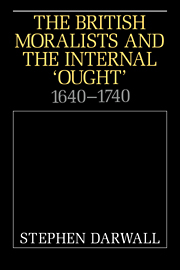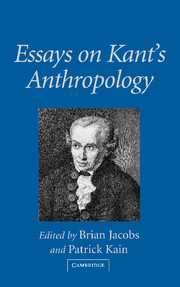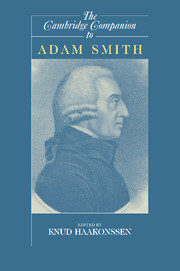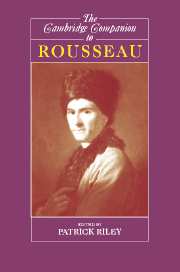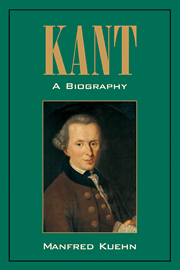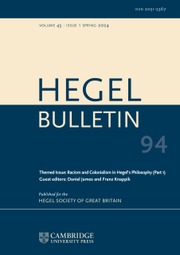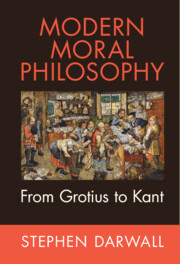The British Moralists and the Internal 'Ought'
This book is a major work in the history of ethics, and provides the first study of early modern British philosophy in several decades. Professor Darwall discerns two distinct traditions feeding into the moral philosophy of the seventeenth and eighteenth centuries. On the one hand, there is the empirical, naturalist tradition, comprising Hobbes, Locke, Cumberland, Hutcheson, and Hume, which argues that obligation is the practical force that empirical discoveries acquire in the process of deliberation. On the other hand, there is the group including Cudworth, Shaftesbury, Butler, and in some moments Locke, which views obligation as inconceivable without autonomy and which seeks to develop a theory of the will as self-determining.
- First study of British Moralists in several decades
- Major reassessment of an important but neglected group of early modern philosophers
- Connection with contemporary ethical debates
- Darwall is a highly-respected philosopher. He is the author of Impartial Reasons (Cornell, 1983)
Reviews & endorsements
"This is a sophisticated book: an exemplary combination of philosophical acumen and original schoalrship....It will prompt historical and ethical dbate for along time, and it teaches all of us how to read classic texts." Terence Penelhum, Ethics
"Darwall's book is far richer in both historical and philosophical insight than a review can easily indicate. It is required reading for anyone interested in its period and will be a stimulating education for anyone thinking about its issues." Nicholas L. Sturgeon, Jrnl of Philosophy
"This is a valuable book that should prompt further studies of the British moralists in the years ahead." oliver A. Johnson, International Studies in Philosophy
Product details
April 2011Adobe eBook Reader
9780511884177
0 pages
0kg
This ISBN is for an eBook version which is distributed on our behalf by a third party.
Table of Contents
- 1. The British moralists: inventing internalism
- 2. Culverwell and Locke: classical and modern natural law
- 3. Hobbes: ethics as 'consequences from the passions of men'
- 4. Cumberland: obligation naturalised
- 5. Cudworth: obligation and self-determining moral agency
- 6. Locke: autonomy and obligation in the revised Essay
- 7. Shaftesbury: authority and authorship
- 8. Huteson: moral sentiment and calm desire
- 9. Butler: conscience as self-authorising
- 10. Hume: norms and the obligation to be just
- 11. Concluding reflections.

